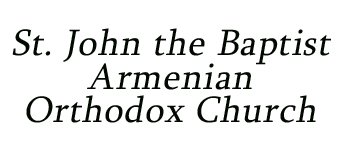DEATH OF RAOUL ASLAN
Raoul Aslan was one of the most popular Austrian actors in the 1920-1950 period.
He was born Raoul Aslanian on October 16, 1886, in Salonica (Thessaloniki), then part of the Ottoman Empire (now in Greece). His father Charles Aslanian was a tobacco salesman from Edirne (Adrianopolis) of Armenian origin, and his mother came from an Italian family that had moved to Egypt. His younger brother was the actor Didier Aslan (1894-1978).
Aslan’s mother tongue was French, as was customary among the upper middle classes of the Ottoman Empire at the time. He was brought up by a Viennese governess and moved to Vienna with his mother in 1896 to attend school.
